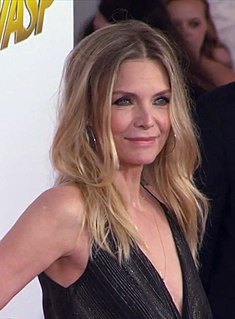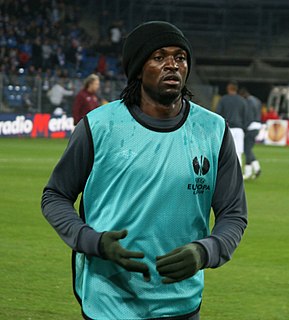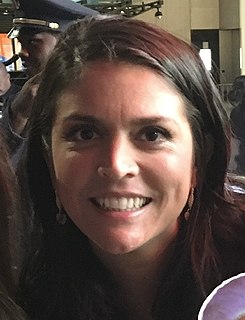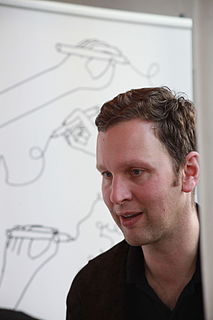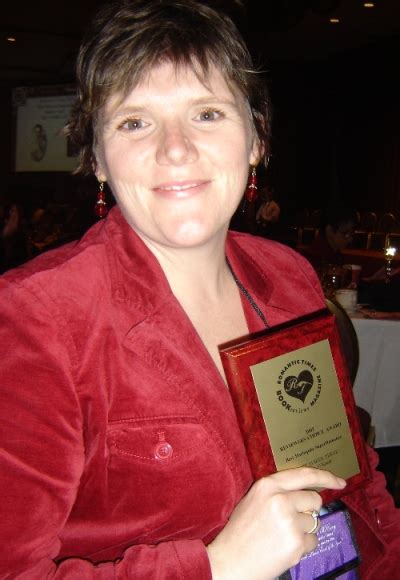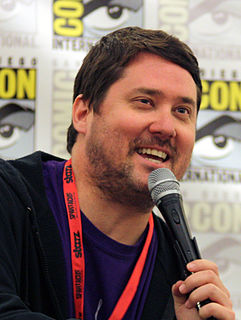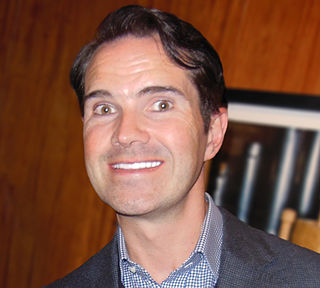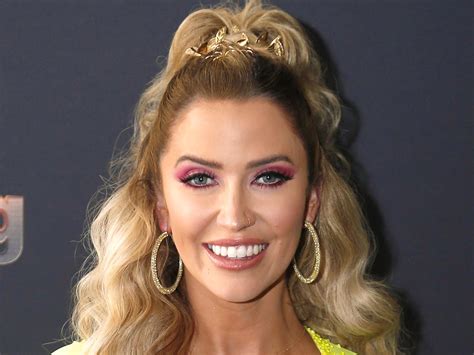A Quote by Michelle Pfeiffer
People make a lot of jokes about the empty nest. Let me tell you, it is no laughing matter. It is really hard.
Related Quotes
I don't find the same things funny that many other people seem to find funny. I don't really respond to sex jokes and things like that, and some of my friends look at me and go, "Come on, Nic, that was my best joke. Why aren't you laughing?" I go, "I really don't know why I'm not laughing. I'm sort of out of sync with it." So I'd have to find something that was really about weird human behavior for me to laugh.
A lot of religious belief - even the majority - involves making factual claims about the world which do come into conflict with science and history. For Christians, a test of this is the Empty Tomb. I ask Christians: 'are you saying that it does not matter - as a matter of fact - whether or not Christ's tomb was empty and that he was resurrected?' At that point, I find that, to a lot of them, it really does matter, despite all the fine talk about not wanting to confuse science and history with religion.
Since my act is a goofy reflection of what's going on in my life, I started doing pot jokes, and I noticed that audiences invariably love pot jokes. Even people who don't smoke pot think it's a funny subject. So when I started getting laughs, I started doing more material about it. When people come to see my shows, there are a lot of stoners in the audience, but there are also a lot of people who just like me. So I try to give a healthy mix, where people aren't going "There are too many jokes about pot!" or "There's not enough jokes about pot!"
I learned all those jokes in second grade. Second grade is really where they tell you those horrific jokes, racist jokes and misogynistic jokes that you have no idea what they mean, and you just memorize them because they have a very strong effect, they make people laugh in this kind of nervous, horrible way, and it's only later that you realize that you've got a head full of crap.
Jessica Biel is a really interesting case. She actually called us after the table read and said, "You guys should go meaner." She pitched us, and said, "Look, I know there are a lot of things to make fun of me about. I don't want people to think you're pulling punches. Please, dive in." We asked, "Could we tell a joke about your friend and mentor Stephen Collins?" And she said, "Well maybe not so much in that area. As long as the jokes were about me, I'm game for everything."
